Mr. Can Van Luc, BIDV Chief Economist and Director of BIDV Training and Research Institute, chaired the discussion session with the topic "Some legal issues on tax and solutions".
Delegates said that the VAT refund policy still receives attention from businesses and state management agencies. If VAT refund problems are not resolved, they will become a bottleneck in encouraging investment and business, affecting the stability, transparency and fairness of the investment and business environment.
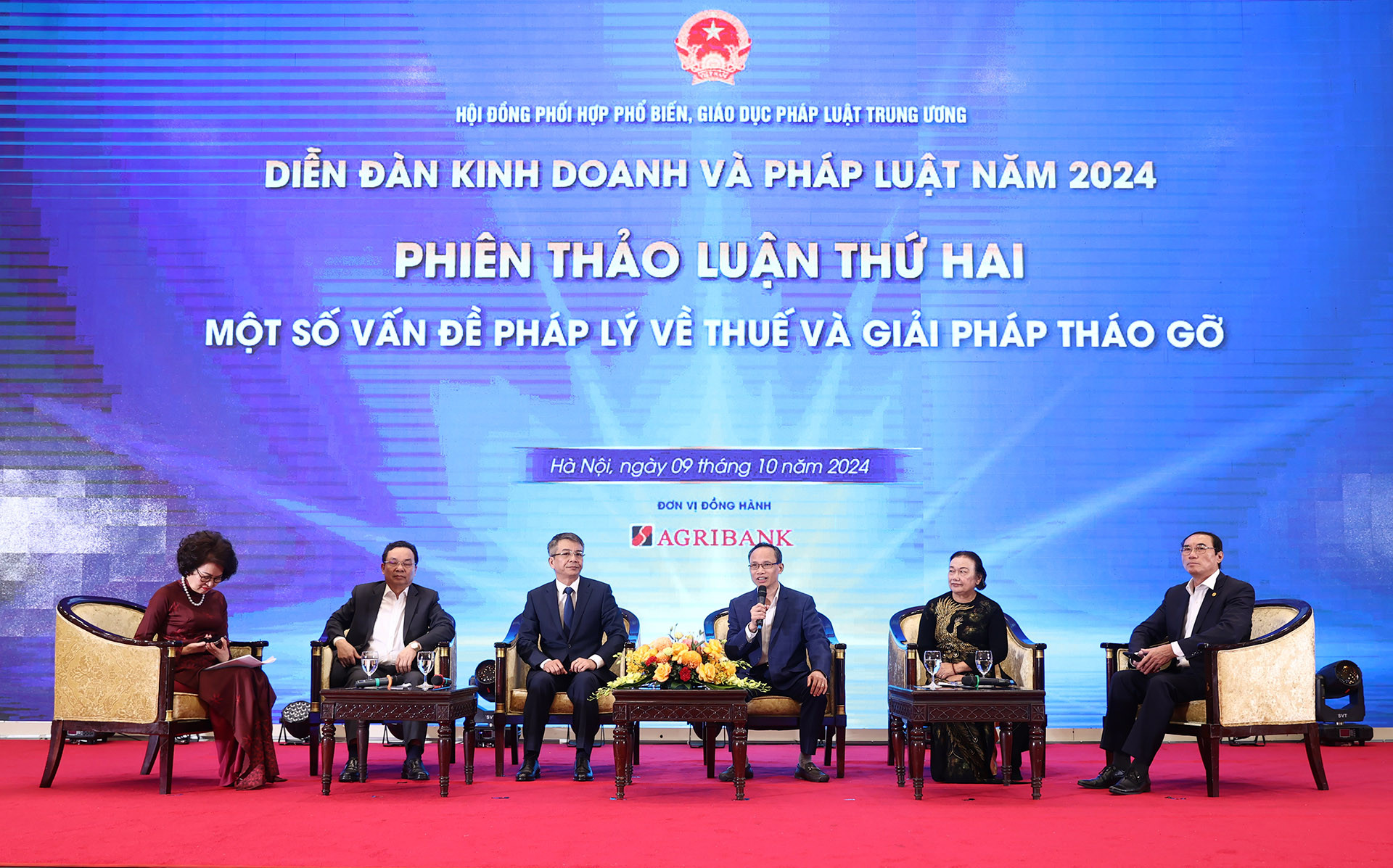
Ms. Nguyen Thi Cuc, Chairwoman of the Vietnam Tax Consulting Association, former Deputy Director General of the General Department of Taxation, gave specific examples of two tax refund cases of wood production and export enterprises and cassava trading establishments; thereby pointing out the difficulties and problems of enterprises and tax authorities when implementing VAT refunds.
Ms. Nguyen Thi Cuc said that in order for businesses and state management agencies to feel secure in carrying out tax refund procedures, it is necessary to "cut into segments" each specific business stage, thereby determining the responsibility of each state agency for each stage.

In addition, there should also be a mechanism to protect tax officials in case an inspection discovers errors that are not the responsibility of the declaring enterprise or the tax official.
Mr. Nguyen Van Phung, member of the Central Executive Committee of the Vietnam Association of Accountants and Auditors, former Director of the Department of Large Enterprise Tax Management, General Department of Taxation, also said that VAT refund is a "hot" issue because it is related to the refund of corporate tax paid from the state budget.
Therefore, the tax industry's multi-round inspection, although aimed at protecting the state budget, also causes difficulties for businesses operating legally.
He recommended that ministries, branches and localities must have consistent direction in handling tax violations, violations at each stage will be handled at that stage, not placing responsibility solely on the tax authority and tax officials. It is also necessary to clearly define the responsibilities of tax officials in the Law on Value Added Tax and the Law on Tax Administration, in which tax officials are only responsible for reviewing documents according to the provisions of law.
Mr. Mai Xuan Thanh, Director General of the General Department of Taxation ( Ministry of Finance ) said that the situation of buying and selling invoices is hot. Thanks to electronic invoices, tax authorities can more clearly identify the situation of buying and selling invoices.
Citing the Thu Duc House case, Mr. Thanh said that this incident has strongly impacted the behavior and psychology of tax officials.

Mr. Mai Xuan Thanh added that in the process of drafting the amended Law on VAT, expected to be passed at the 8th Session of the 15th National Assembly , the General Department of Taxation has reported to the Ministry of Finance to propose adding to the law a provision that tax officials are responsible for tax refunds in accordance with their duties and responsibilities, complying with the provisions of the law on VAT and the law on tax management within the scope of the records, documents provided, and information documents provided by competent state agencies related to the settlement of tax refund dossiers to ensure strictness and the scope of responsibility of tax officials in settling tax refund dossiers.
Ms. Nguyen Quynh Anh, Vice President of the Vietnam Bar Federation, said that tax officials should only be responsible for handling tax records and complying with legal regulations. This will solve the bottleneck of VAT refunds, contributing to creating a stable and flexible policy environment for both taxpayers and tax authorities.

According to the Vice President of the Vietnam Bar Federation, the fact that tax authorities use criteria on compliance with laws other than tax to evaluate business compliance is very overlapping, creating an unnecessary burden for businesses.
Tax officials themselves have to analyze and compare a bunch of numbers submitted by businesses, so how can they be proficient in other specialized laws to make accurate decisions?
"Such a regulation is very strict. A transaction involving a different field is often very complicated, even requiring the opinion of a competent court to make a decision. So should we require a tax officer to grasp all the laws other than the tax law that they actually have to understand in order to perform it properly? This is unreasonable and needs to be reviewed," she said.
Source: https://vietnamnet.vn/go-diem-nong-hoan-thue-gtgt-de-khuyen-khich-dau-tu-kinh-doanh-2330329.html







![[Photo] General Secretary To Lam meets with General Secretary and President of Laos Thongloun Sisoulith](https://vphoto.vietnam.vn/thumb/1200x675/vietnam/resource/IMAGE/2025/10/25/1761380913135_a1-bnd-4751-1374-7632-jpg.webp)


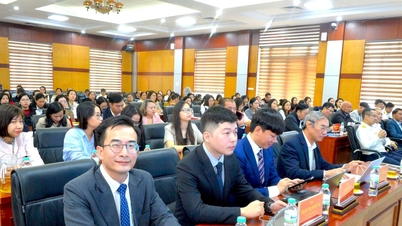


























![[Photo] President Luong Cuong receives heads of delegations attending the signing ceremony of the Hanoi Convention](https://vphoto.vietnam.vn/thumb/1200x675/vietnam/resource/IMAGE/2025/10/25/1761377309951_ndo_br_1-7006-jpg.webp)
![[Photo] President Luong Cuong and United Nations Secretary-General Antonio Guterres chaired the signing ceremony of the Hanoi Convention.](https://vphoto.vietnam.vn/thumb/1200x675/vietnam/resource/IMAGE/2025/10/25/1761370409249_ndo_br_1-1794-jpg.webp)



































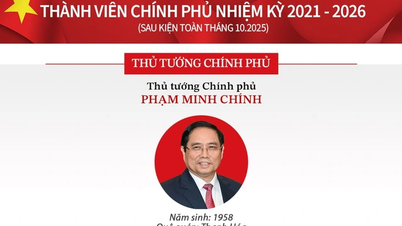

![[Photo] General Secretary To Lam receives United Nations Secretary-General Antonio Guterres](https://vphoto.vietnam.vn/thumb/402x226/vietnam/resource/IMAGE/2025/10/25/1761379090768_image.jpeg)






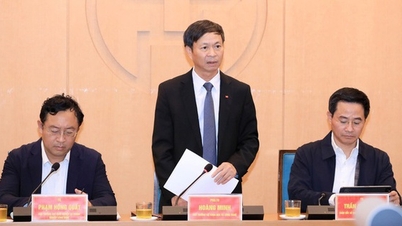



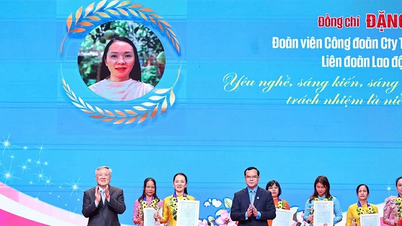

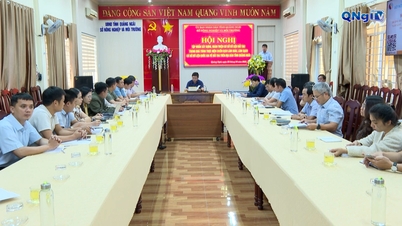







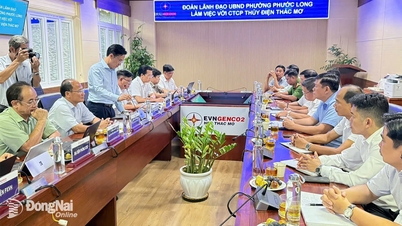

















Comment (0)